# apnokaca
12 posts in `apnokaca` tag

Attention Firms & LLPs: CBDT Releases ITR-5 Form for AY 2025-26 Filing.
The CBDT has released the updated ITR-Form 5 for Assessment Year 2025-26 (applicable to FY 2024-25) via Notification No. 42/2025 dated May 3, 2025. This blog post details who needs to file ITR-5, discusses anticipated key changes aligning with recent amendments and enhanced disclosure norms, outlines implications for taxpayers like Firms and LLPs, and provides actionable steps for compliance.
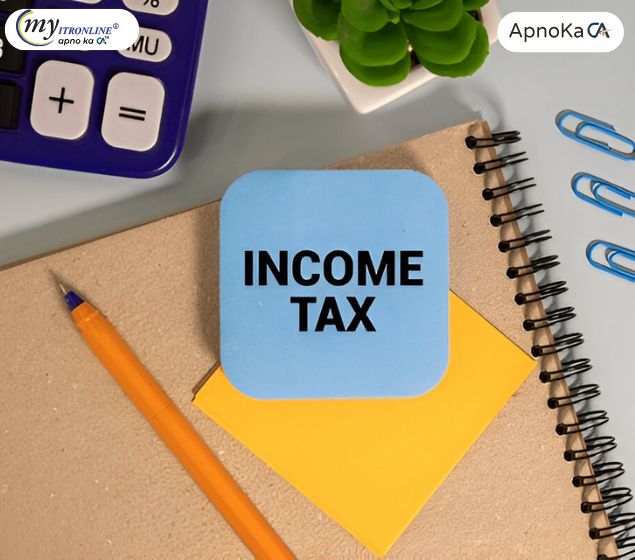
India Capital Gains Tax FY 2024-25: Shares & Mutual Fund STCG/LTCG Rates
This post details the taxation rules for capital gains from shares and equity mutual funds in India for FY 2024-25 (AY 2025-26). It explains the crucial changes effective July 23, 2024, including updated STCG and LTCG tax rates, revised exemption limits, holding period classifications, dividend taxation, and reporting requirements in ITR forms.
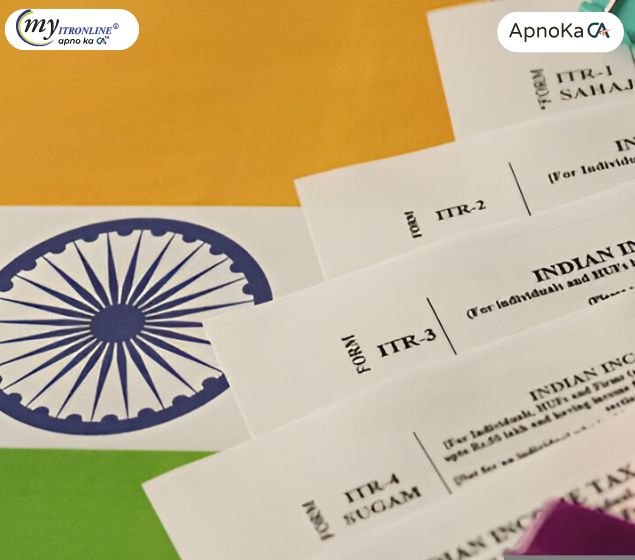
ITR-1 and ITR-4 Forms for AY 2025-26 Released Early: All You Need to Know
The Central Board of Direct Taxes (CBDT) has kickstarted the income tax filing season earlier than usual by releasing the ITR-1 (Sahaj) and ITR-4 (Sugam) forms for Assessment Year 2025-26. This blog explores the eligibility, permissible income sources, and filing restrictions for both forms. It also highlights a major update—taxpayers can now report Long-Term Capital Gains (LTCG) under Section 112A in ITR-1 and ITR-4 under specific conditions. Additionally, it explains the difference between form notification and utility release, emphasizes the importance of early preparation, and provides a comprehensive document checklist for smooth filing. The blog concludes by urging taxpayers to be proactive and file early to avoid last-minute hassles.
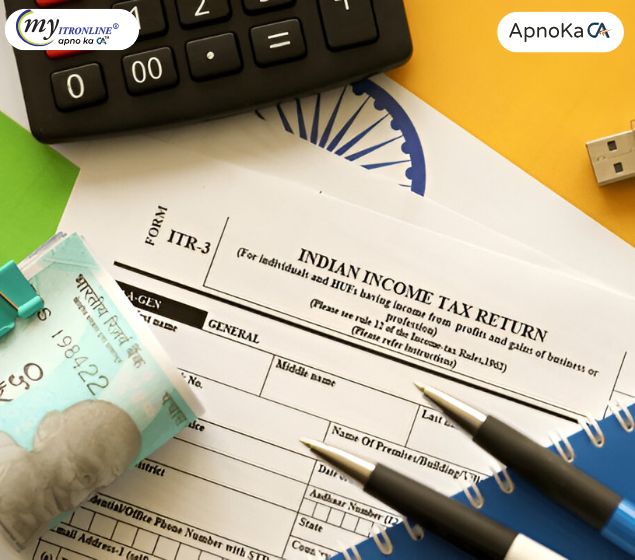
ITR-3 AY 2025-26 Key Changes: CBDT Notification & Updates Guide
CBDT has notified ITR-Form 3 for Assessment Year 2025-26 (FY 2024-25) via Notification No. 41/2025. This affects Individuals/HUFs with business/professional income. Key updates include a split Capital Gains schedule (pre/post July 23, 2024), new conditions for claiming share buyback loss (post Oct 1, 2024), an increased asset/liability reporting threshold to ₹1 crore, addition of Sec 44BBC reference, enhanced reporting for deductions like 80C & 10(13A), and mandatory TDS section code reporting. Taxpayers should review these changes for compliant filing.

High Income Taxpayers: Essential Update on Surcharge & Marginal Relief (AY 25-26 & Budget 25)
This blog explains the concept of income tax surcharge and marginal relief in India for AY 2025-26 (FY 2024-25). It details the current surcharge rates under both old and new tax regimes and illustrates how marginal relief prevents excessive tax liability near surcharge thresholds. Additionally, it covers key Budget 2025 proposals affecting FY 2025-26 (AY 2026-27), including revised tax slabs, increased rebate under Sec 87A, and a new type of marginal relief linked to the rebate threshold.
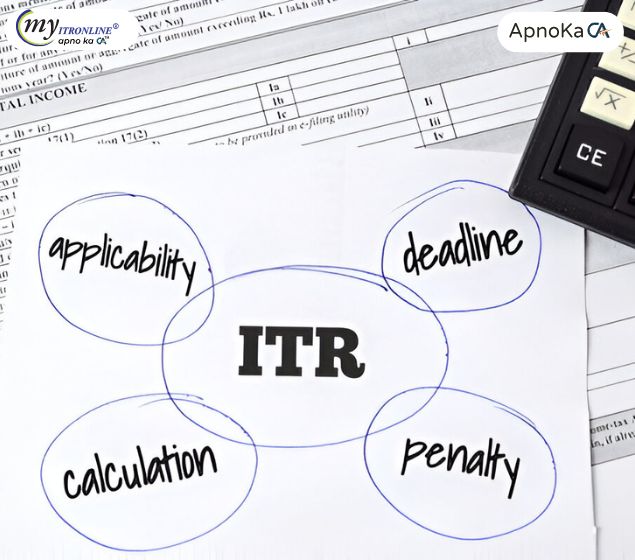
AY 2025-26 Tax Alert: Key Modifications in ITR-1 (Sahaj) & ITR-4 (Sugam)
This blog provides a detailed breakdown of modifications in ITR-1 and ITR-4 forms for Assessment Year 2025-26 based on a recent analysis. It explains the new allowance for minor LTCG under Sec 112A (up to ₹1.25 lakh) in both forms, the enhanced conditional presumptive tax limits under Sec 44AD/44ADA linked to digital receipts, and common changes. These common changes include expanded disclosures for Form 10-IEA (new tax regime opt-out), mandatory specific clause selection for Chapter VI-A deductions, enhanced reporting for Sec 89A (foreign retirement income), compulsory disclosure of all active Indian bank accounts, and mandatory selection of a refund account. The post advises taxpayers on how to prepare based on these specific updates.
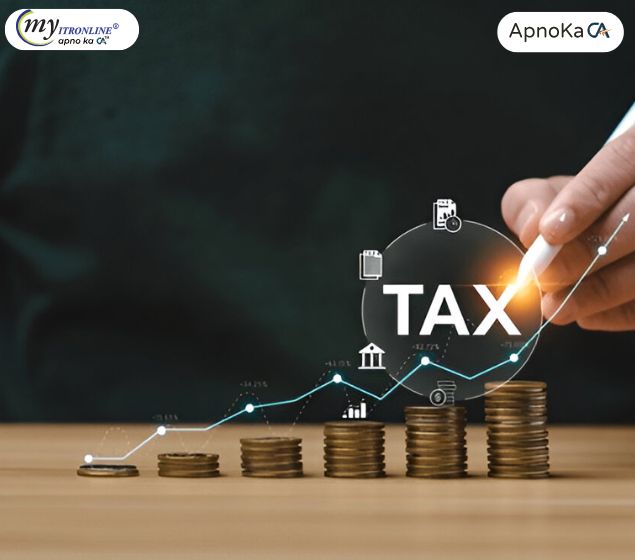
Tax Season Starts Early: ITR-1 (Sahaj) & ITR-4 (Sugam) Notified for AY 2025-26!
The blog post announces the early notification of ITR-1 (Sahaj) and ITR-4 (Sugam) forms by the CBDT for the Assessment Year 2025-26 (corresponding to Financial Year 2024-25). It details the eligibility criteria for using these forms, explains the significance of the early notification for taxpayers (more preparation time, potentially earlier filing utility release), clarifies the difference between form notification and utility release, reminds readers about the AY/FY distinction, and advises taxpayers to start gathering necessary documents while waiting for the official filing utilities to be launched on the Income Tax portal.
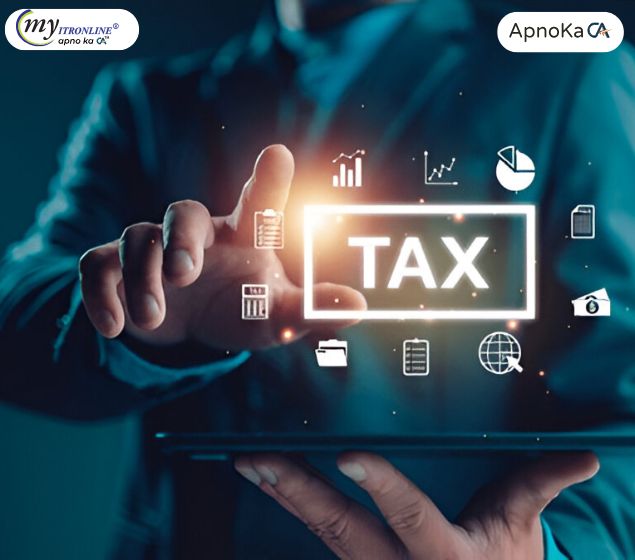
Form 16B Overview: Important Deadlines and Fines for Property TDS Certificates
This blog explains Form 16B, the TDS certificate mandatory for property sales over ₹50 lakh in India under Section 194-IA. It details the buyer's responsibility, the process involving Form 26QB, critical deadlines for certificate issuance (15 days from Form 26QB due date), and the penalties (₹100/day under Sec 272A(2)(g)) for non-compliance, emphasizing its importance for both buyers and sellers.
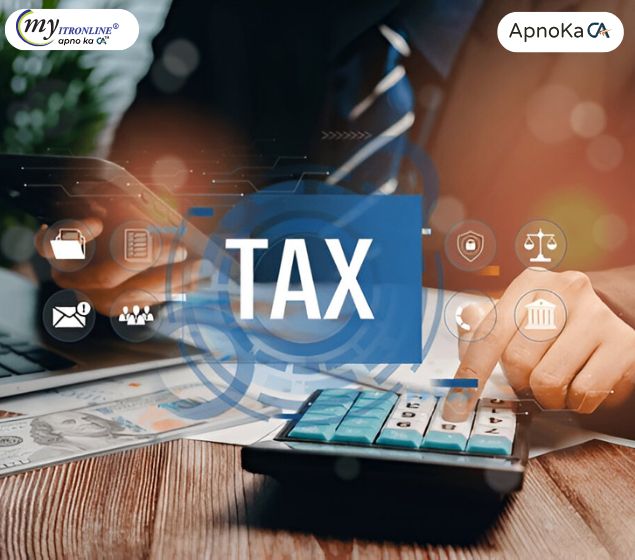
CBDT Guidelines on Section 37(1): What Business Expenses Are Now Disallowed?
This blog post examines the clarified disallowances under Section 37(1) of the Income Tax Act following the Finance Act 2022 amendment to Explanation 1. It details how expenses related to illegal activities, penalties, compounding fees, prohibited benefits/perks (like certain freebies), and violations of foreign laws are now more explicitly non-deductible, emphasizing the need for businesses to ensure compliance and maintain thorough documentation.
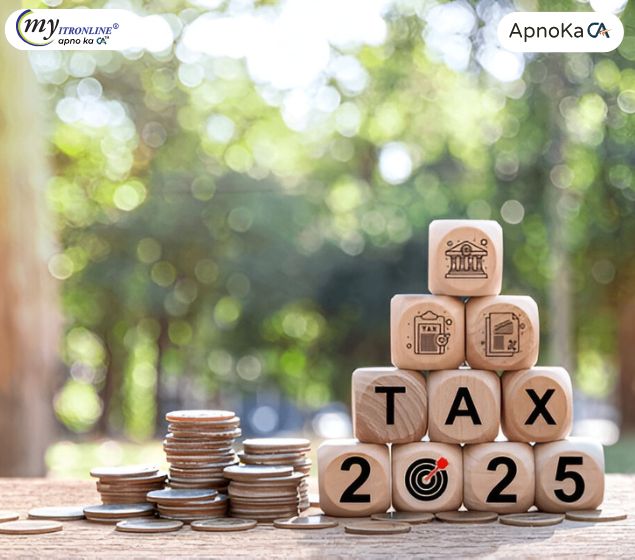
Understanding ITR: Your Definitive Guide to Income Tax Returns in India (2025)
This guide explains Income Tax Returns (ITR) in India for AY 2025-26. It defines ITR, outlines the significant benefits of filing (like refunds, loan proof), details who must mandatorily file based on income thresholds (e.g., GTI > ₹3 Lakh in new regime) or specific high-value transactions (deposits > ₹1 Cr, foreign travel > ₹2 Lakh etc.), and clarifies exemptions, including the specific conditions for senior citizens over 75 under Section 194P.
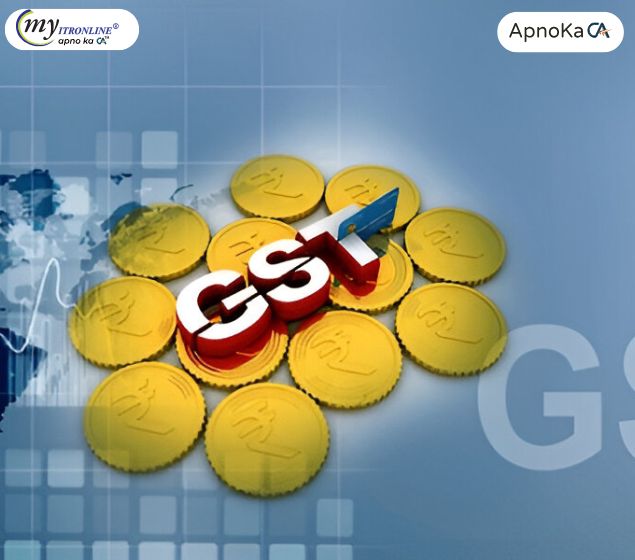
CBIC Officially Notifies GST Appellate Tribunal (Procedure) Rules, 2025
The CBIC has notified the GST Appellate Tribunal (Procedure) Rules, 2025, effective April 24, 2025. These rules establish a detailed framework for the GSTAT, emphasizing mandatory e-filing via a dedicated portal, allowing hybrid hearings, and setting clear timelines. Key features aim to streamline GST dispute resolution, ensuring transparency, efficiency, and faster processing of appeals, thereby reducing the burden on High Courts and boosting taxpayer confidence.

Short-Term Capital Gains Tax Explained (India 2025): 15% vs Slab Rate
This post explains Short-Term Capital Gains (STCG) tax in India for 2025 (FY 2024-25 & 2025-26). It defines capital assets, details holding periods for STCG classification (e.g., <=12 months for listed equity, <=24 months for property, <=36 months for others), explains STCG calculation, outlines tax rates (15% under Sec 111A for STT-paid equity/EOF vs. slab rates for other assets), and covers loss set-off/carry forward rules and ITR reporting.
